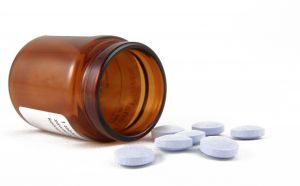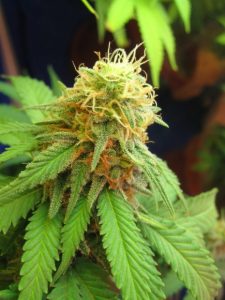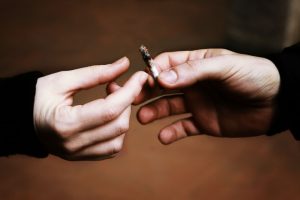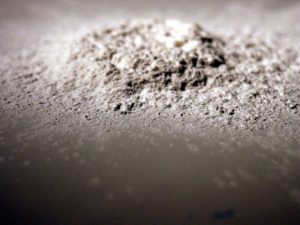It’s become increasingly common in Florida DUI cases for prosecutors to rely heavily on the investigation and testimony of drug recognition experts (DREs). These are police officers who are specially trained to recognize the signs of impairment in drivers who are under the influence of drugs. 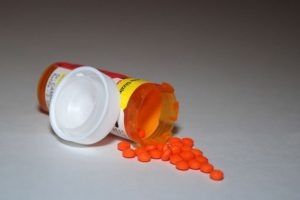
Last year, the Governors Highway Safety Association reported that for the first time, drivers killed in crashes are more likely to be on drugs than drunk. Forty-three percent of drivers tested in fatal crashes had used a legal or illegal drug, surpassing the 37 percent who tested above the legal limit for alcohol. It’s worth noting that researchers were unable to definitively say there was a causal link between the presence of those drugs and the crash, or even that the drugs were present in levels that indicated impairment.
F.S. 316.193 makes it clear that no driver is allowed to be in actual physical control of a vehicle while under the influence of any substance – legal or otherwise – if it impairs his or her normal faculties. But while legislators have created a per se limit of intoxication that pertains to alcohol consumption (0.08 or more grams of alcohol per 100 milliliters of blood or per 210 liters of breath), no such cut-off exists for drug impairment. That means the question of whether someone is “under the influence” is often a subjective question that comes down to the observation of the arresting officer – who has more credibility in a courtroom with DRE certification. That does not mean the assertions made by that officer are correct. Our Fort Lauderdale DUI defense attorneys encourage all defendants to remain respectfully silent during questioning and ask to speak to a defense lawyer as soon as possible. Continue reading
 Fort Lauderdale Criminal Attorney Blog
Fort Lauderdale Criminal Attorney Blog




